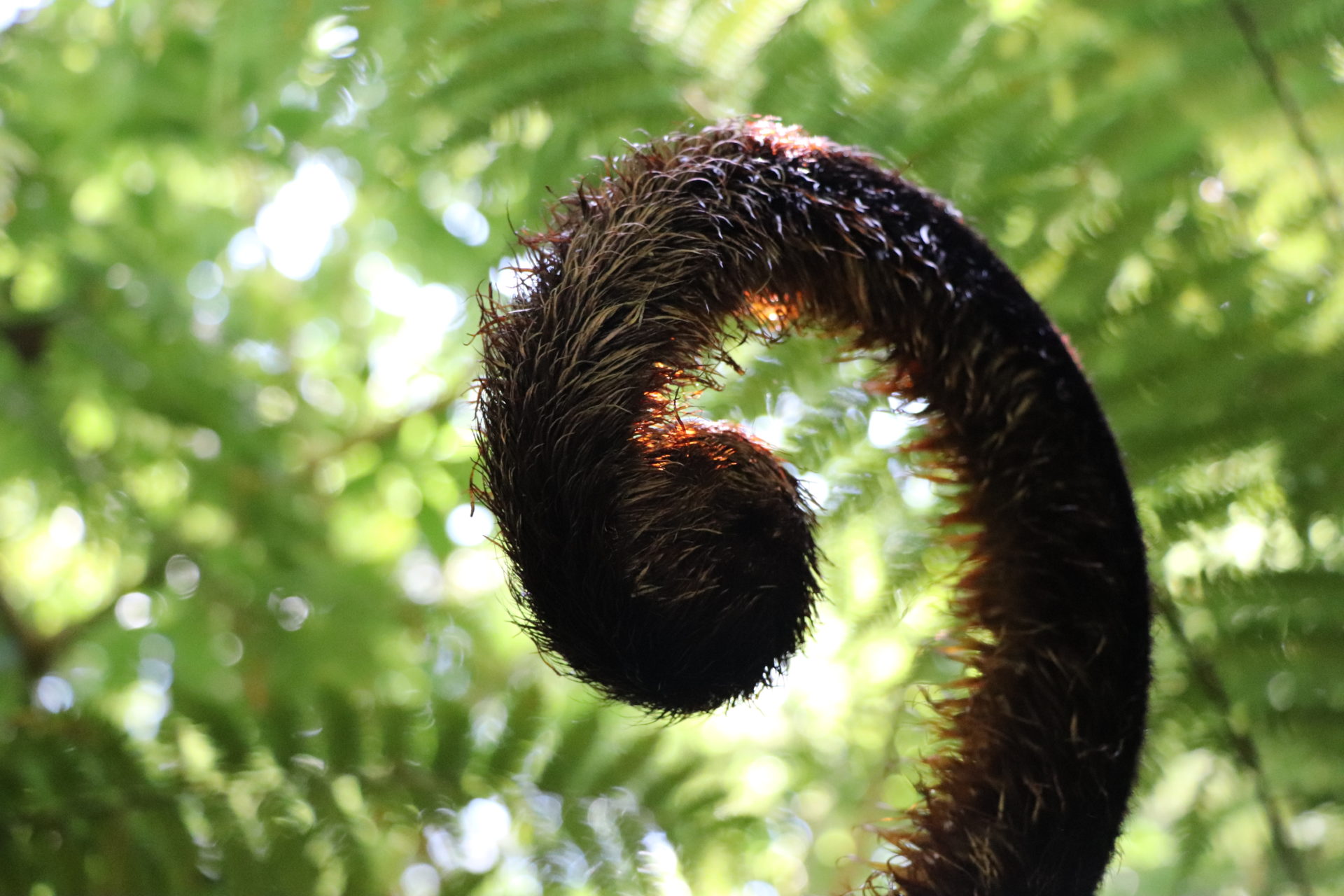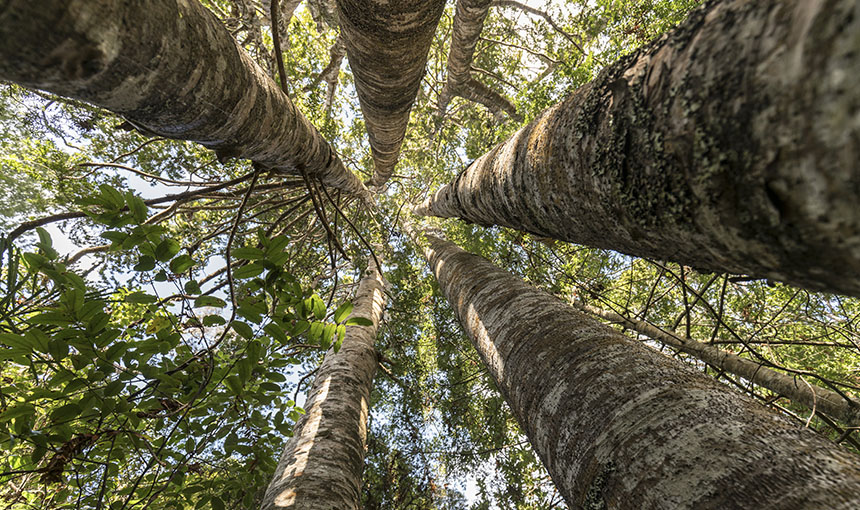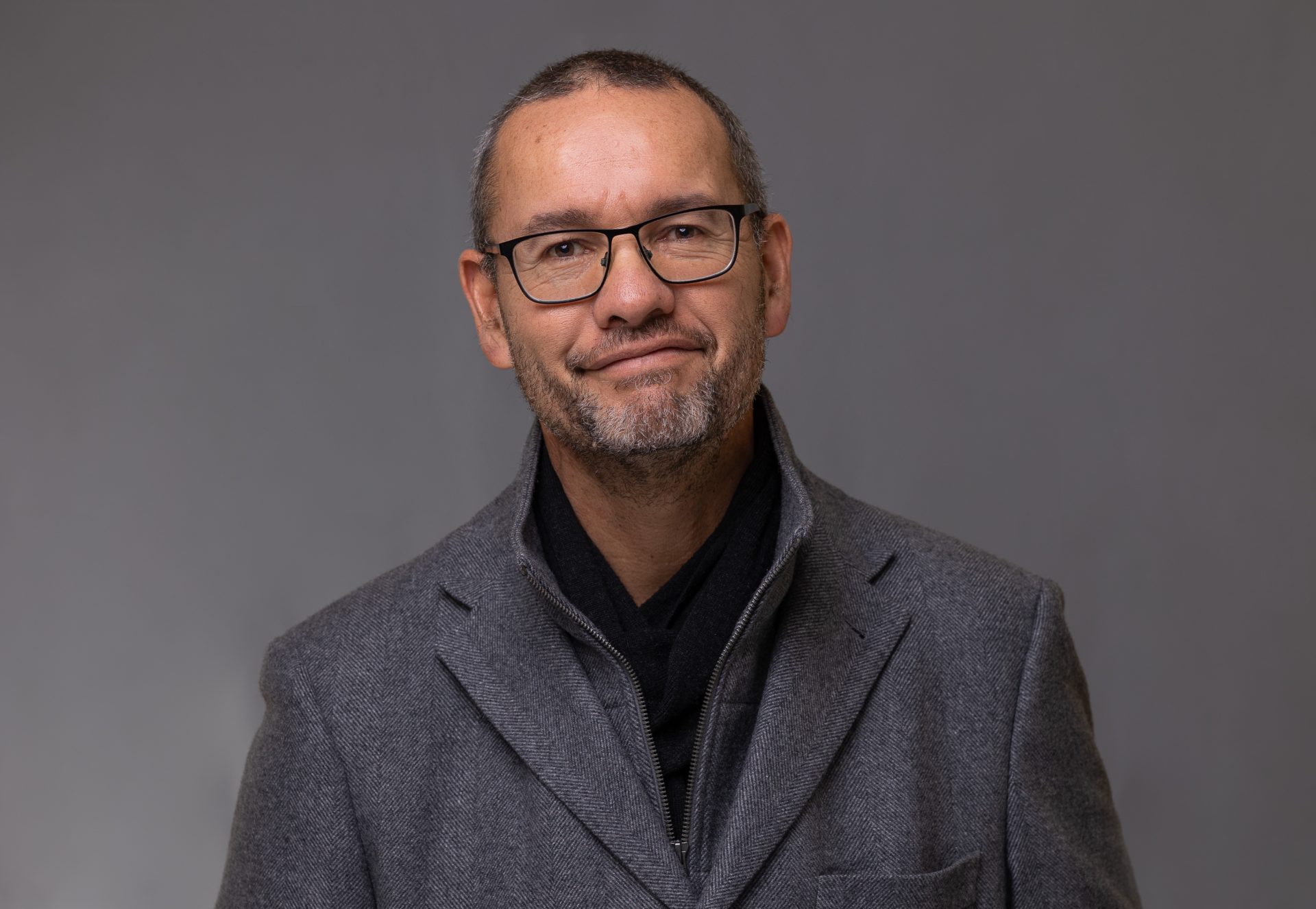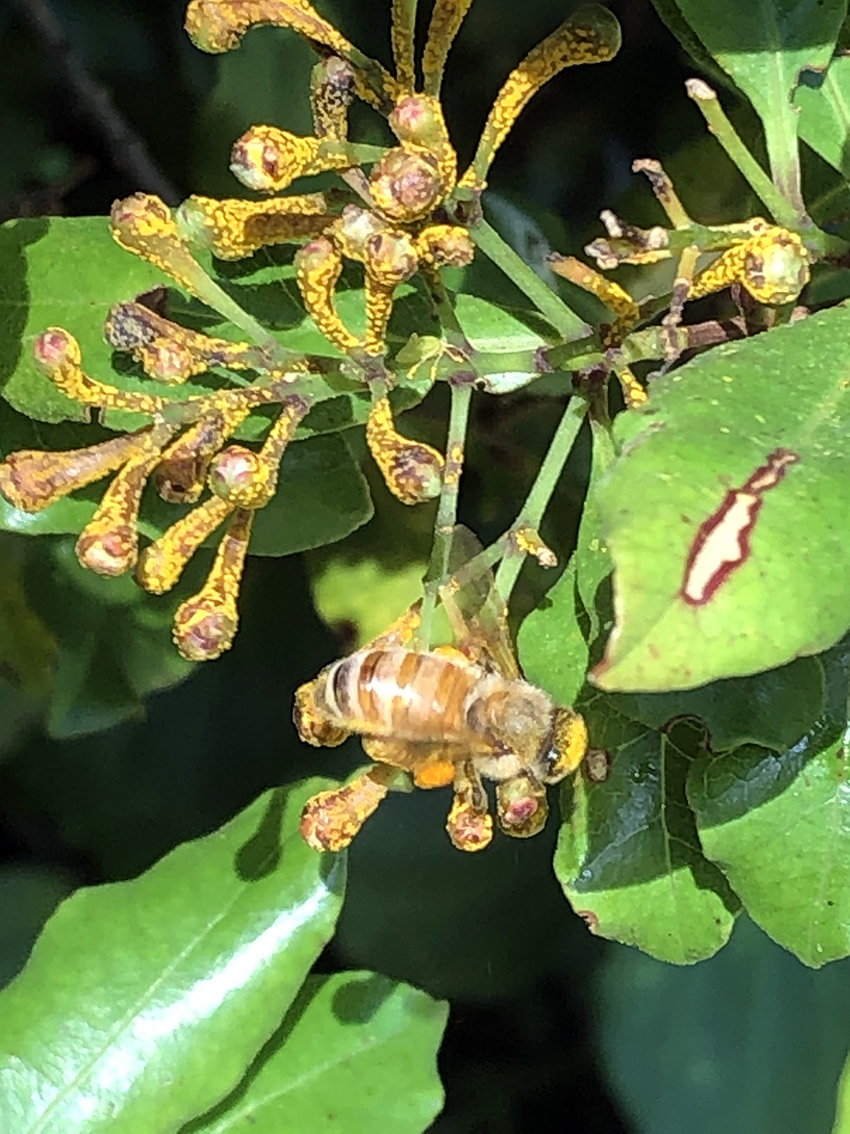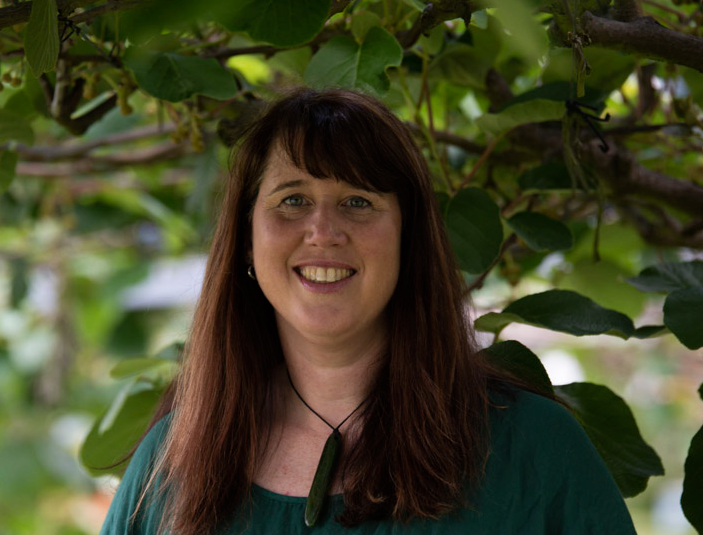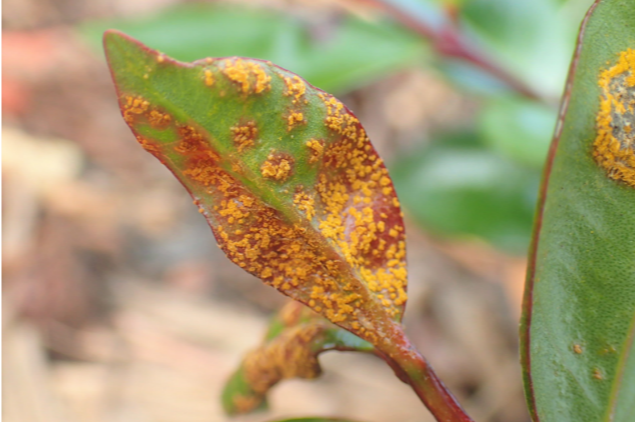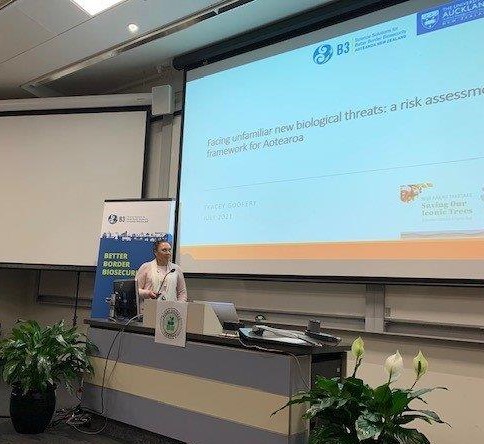Better Border Biosecurity (B3) has announced $1.6 million in funding for new research projects.
Connected to the Science Advisory Panel
The newly formed Science Advisory Panel for the Ministry for the Environment’s Chief Executive has strong links to Biological Heritage, with three of its seven members having connections to the Challenge.
The introduction of Phytophthora agathidicida to Aotearoa
Ngā Rākau Taketake scientists do not support claims that “kauri dieback was not so a recent arrival” and recommend no changes to current kauri dieback management.
Professor Shaun Ogilvie appointed as Kaihautū Ngātahi, Co-Director-Māori
The Biological Heritage National Science Challenge and Manaaki Whenua Landcare Research are very pleased to announce that Professor Shaun Ogilvie…
July Newsletter
Read about honeybees collecting myrtle rust, a Ngā Rākau Taketake host susceptibility trial and much more…
Profile: Dr Beccy Ganley
Hailing from Plant and Food Research, Beccy brings to the team a long history of working in the myrtle rust and kauri dieback research space, making her an excellent candidate for the NRT Science Leader role.
Honeybees observed harvesting myrtle rust
An observation of bees harvesting myrtle rust spores in Auckland has recently been reported – a behaviour which is concerning to scientists.
Host susceptibility trial
Researchers are investigating how well tests for myrtle rust susceptibility done under controlled conditions can predict the impacts of myrtle rust in the field.
The role of gene editing in pest control
The Challenge supported a panel discussion on the role of gene editing for pest control in Aotearoa New Zealand, as a part of the New Zealand International Science Festival, in Ōtepoti Dunedin.
B3 supports emerging coming together of tomorrow’s biosecurity experts
A Biological Heritage PhD student was among those supported by Better Border Biosecurity (B3) to meet other emerging talents and share their work at a recent plant conference.

